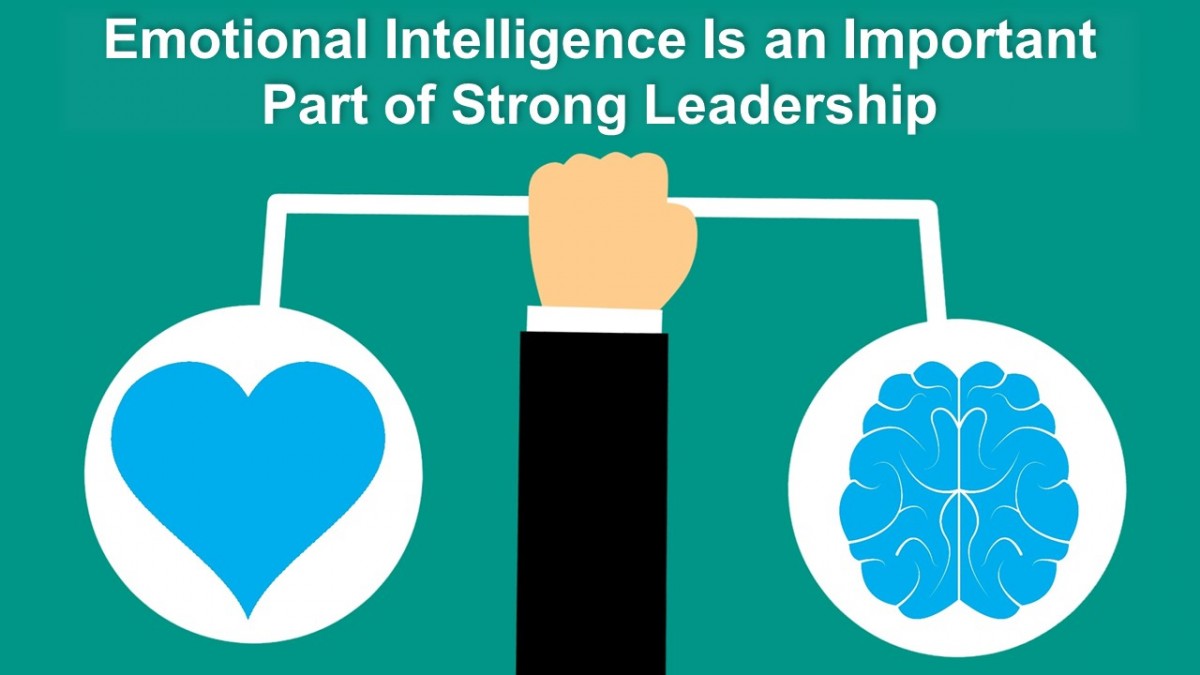Mastering the Art of Emotional Intelligence
When it comes to successful leadership, one of the most important factors to consider is emotional intelligence. Emotional intelligence, also known as EQ, refers to the ability to understand and manage one’s own emotions, as well as the emotions of others. It plays a crucial role in effective leadership, as it allows leaders to connect with their team members on a deeper level, inspire and motivate them, and handle conflicts and challenges in a constructive manner.
Emotional intelligence is made up of several key components, including self-awareness, self-regulation, empathy, and social skills. Leaders who excel in these areas are better equipped to build strong relationships with their team members, communicate effectively, and make informed decisions. In order to master the art of emotional intelligence, leaders must be willing to invest time and effort into developing these skills.
Self-awareness is the foundation of emotional intelligence. It involves being in tune with your own emotions, strengths, weaknesses, and values. Leaders who possess self-awareness are able to recognize their own feelings and how they impact their behavior and decision-making. They are also able to acknowledge and learn from their mistakes, and seek feedback from others to continuously grow and improve.
Self-regulation is another important component of emotional intelligence. It involves the ability to control one’s emotions, impulses, and reactions. Leaders who are skilled in self-regulation are able to remain calm and composed under pressure, think before acting, and manage their emotions in a healthy and productive manner. This allows them to make rational decisions and avoid making hasty or emotionally-driven choices that could have negative consequences.

Image Source: businessleadershiptoday.com
Empathy is the ability to understand and share the feelings of others. Leaders who are empathetic are able to put themselves in their team members’ shoes, see things from their perspective, and respond with compassion and understanding. This helps to build trust and rapport with team members, foster a sense of belonging and unity, and create a positive and supportive work environment.
Social skills are the final component of emotional intelligence. They involve the ability to build and maintain relationships, communicate effectively, and work collaboratively with others. Leaders who excel in social skills are able to inspire and motivate their team members, resolve conflicts and disagreements, and create a sense of camaraderie and teamwork. They are also able to adapt their communication style to suit different personalities and situations, and build a strong network of connections and alliances.
In conclusion, mastering the art of emotional intelligence is essential for successful leadership. Leaders who possess high levels of emotional intelligence are able to connect with their team members on a deeper level, inspire and motivate them, and handle conflicts and challenges in a constructive manner. By developing self-awareness, self-regulation, empathy, and social skills, leaders can create a positive and supportive work environment, build strong relationships with their team members, and achieve their goals effectively.
Unleashing Your Leadership Potential
Leadership is not just about being in charge or making decisions. It is about inspiring and guiding others towards a common goal. In order to be a successful leader, one must possess certain qualities and skills. One of the most important aspects of effective leadership is emotional intelligence.
Emotional intelligence is the ability to recognize, understand, and manage both your own emotions and the emotions of others. It plays a crucial role in leadership because it enables leaders to build strong relationships, communicate effectively, and make sound decisions.
To unleash your leadership potential, it is essential to develop your emotional intelligence. Here are some ways to enhance this important skill:
1. Self-awareness: Being aware of your own emotions and how they affect your thoughts and behavior is the first step towards developing emotional intelligence. Take the time to reflect on your feelings and reactions in different situations. This self-awareness will help you better understand yourself and how you can improve as a leader.
2. Self-regulation: Once you are aware of your emotions, the next step is to learn how to regulate them. This means being able to control your impulses, manage your stress, and think before you act. By practicing self-regulation, you will be able to maintain your composure in difficult situations and make rational decisions.
3. Empathy: Empathy is the ability to understand and share the feelings of others. As a leader, it is important to be able to put yourself in someone else’s shoes and see things from their perspective. By showing empathy towards your team members, you will build trust and create a positive work environment.
4. Social skills: Good leaders have strong social skills that enable them to communicate effectively, resolve conflicts, and build strong relationships. Practice active listening, assertiveness, and collaboration to improve your social skills and become a more effective leader.
By developing your emotional intelligence, you will be able to unleash your leadership potential and inspire others to follow your lead. Remember, successful leadership is not about being the loudest or the most powerful, but about being able to connect with others on an emotional level and guide them towards a common goal.
So, take the time to work on your emotional intelligence and watch as your leadership skills grow and flourish. The key to successful leadership lies in understanding and managing your emotions, as well as the emotions of those around you. Embrace your emotional intelligence and become the inspiring leader you were meant to be.
The Importance of Emotional Intelligence in Leadership